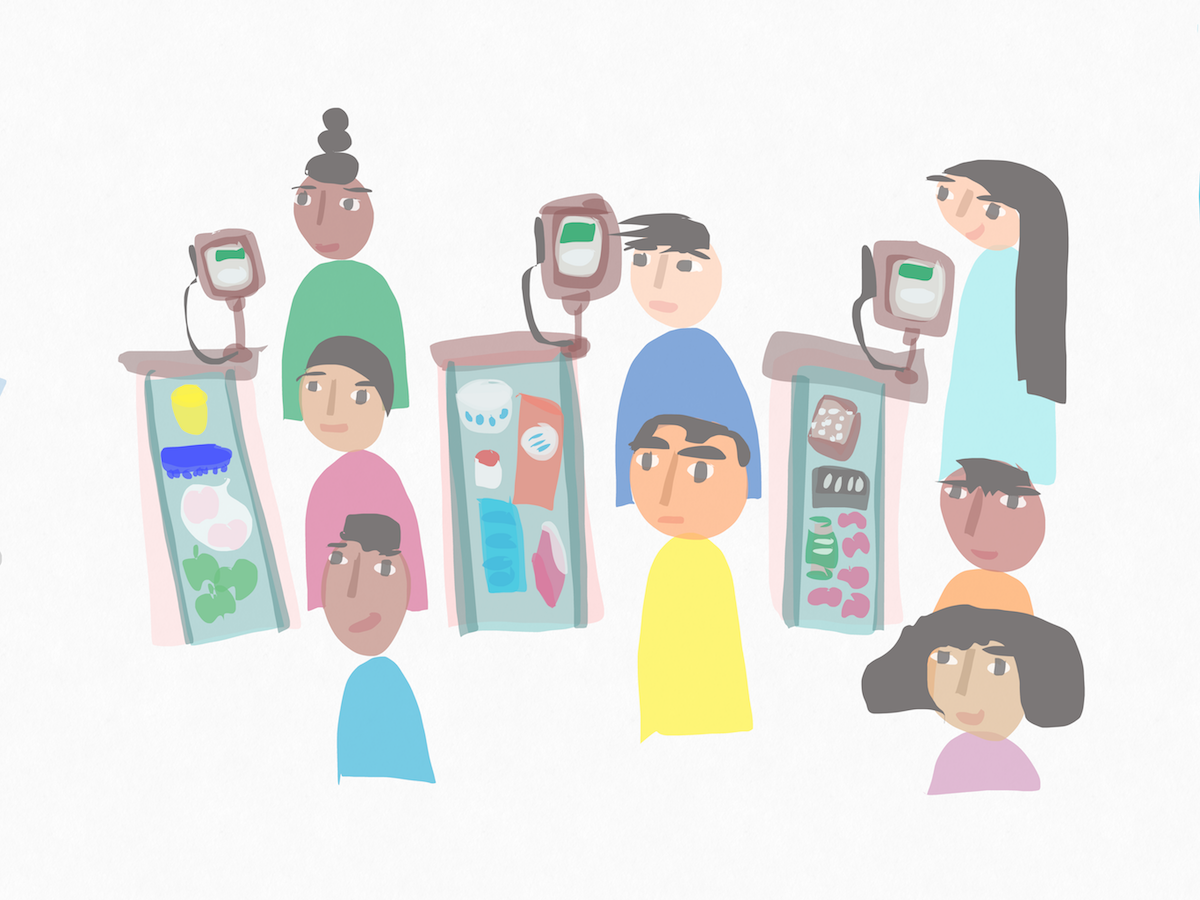
Fastest Line at the Supermarket

Sinking or Floating while Thinking Systemically
March 14, 2019
Organize Clean Dishes Computationally
March 20, 2019There is no such thing as a boring line.
Your next computational thinking adventure awaits when you and your kids are in the supermarket, about to go through the checkout line. Play the Fastest Line at the Supermarket game!
How long?
30 minutes
What's the Learning Objectives?
Performance Modeling
Sequencing
Comparison
What age is it for?
4-9 year olds
What You'll Need
- You and your kid
- Items in the cart
- A crowded supermarket
How to Play
This is a game to play as you go about your shopping, with the payoff moment at the checkout lines. Challenge your kid to predict and model the best ways to pack the cart, and the quickest line to check out with. Can they maximize efficiency? Only if they think computationally!
Step 1: Pack That Cart Smart
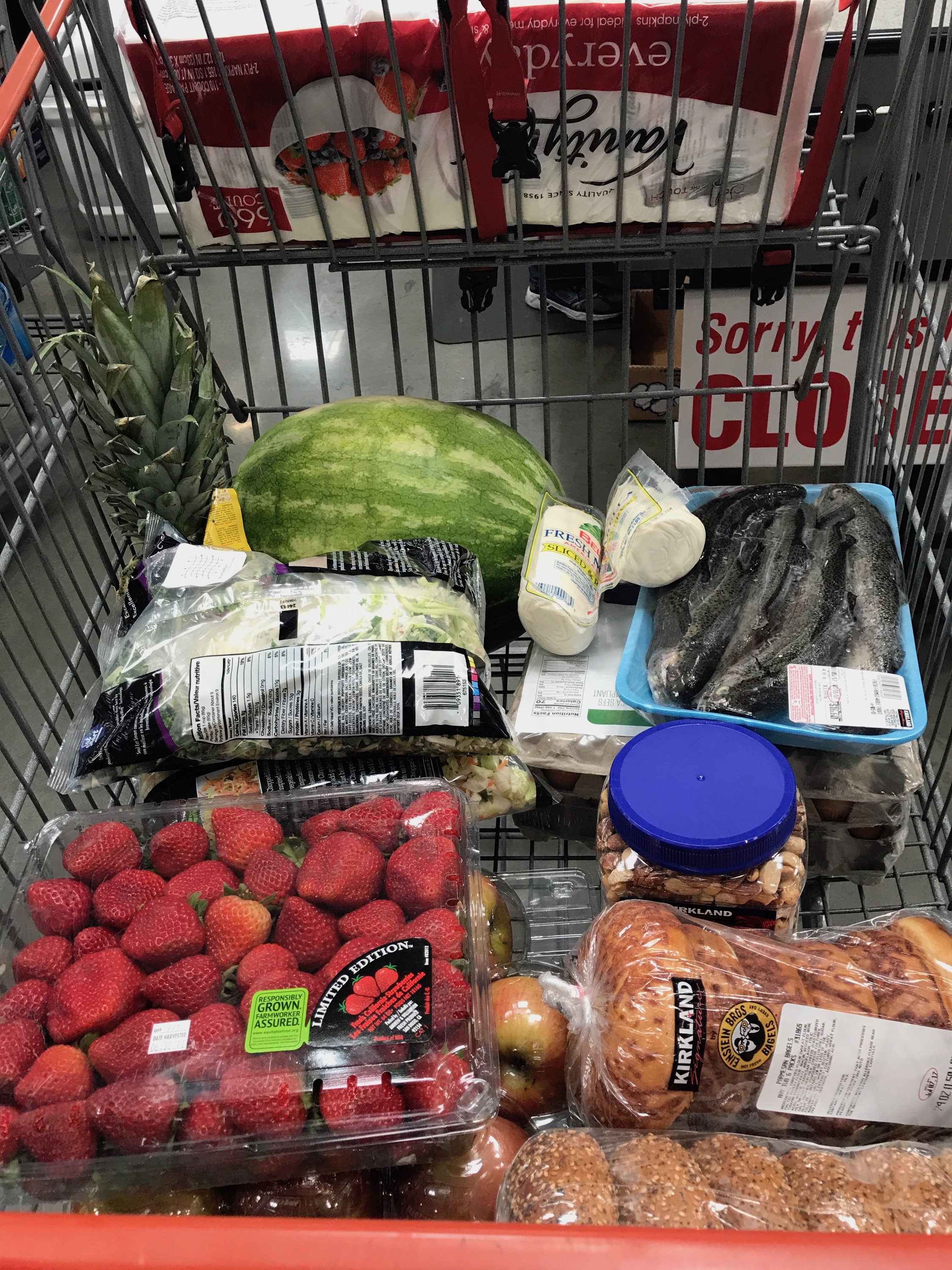
As you go about your shopping, let your kid know that it's time to play a computational game.
While you pick things to buy from the shelves, hand them to your kid. Let them know the goal is efficiency,
It's their job to pack the cart in the most efficient way -- so that when you get to checkout, you can unpack and repack the things in the quickest way possible. It's their challenge: what's the best way to pack this cart?
Step 2: Can you pick the best line?
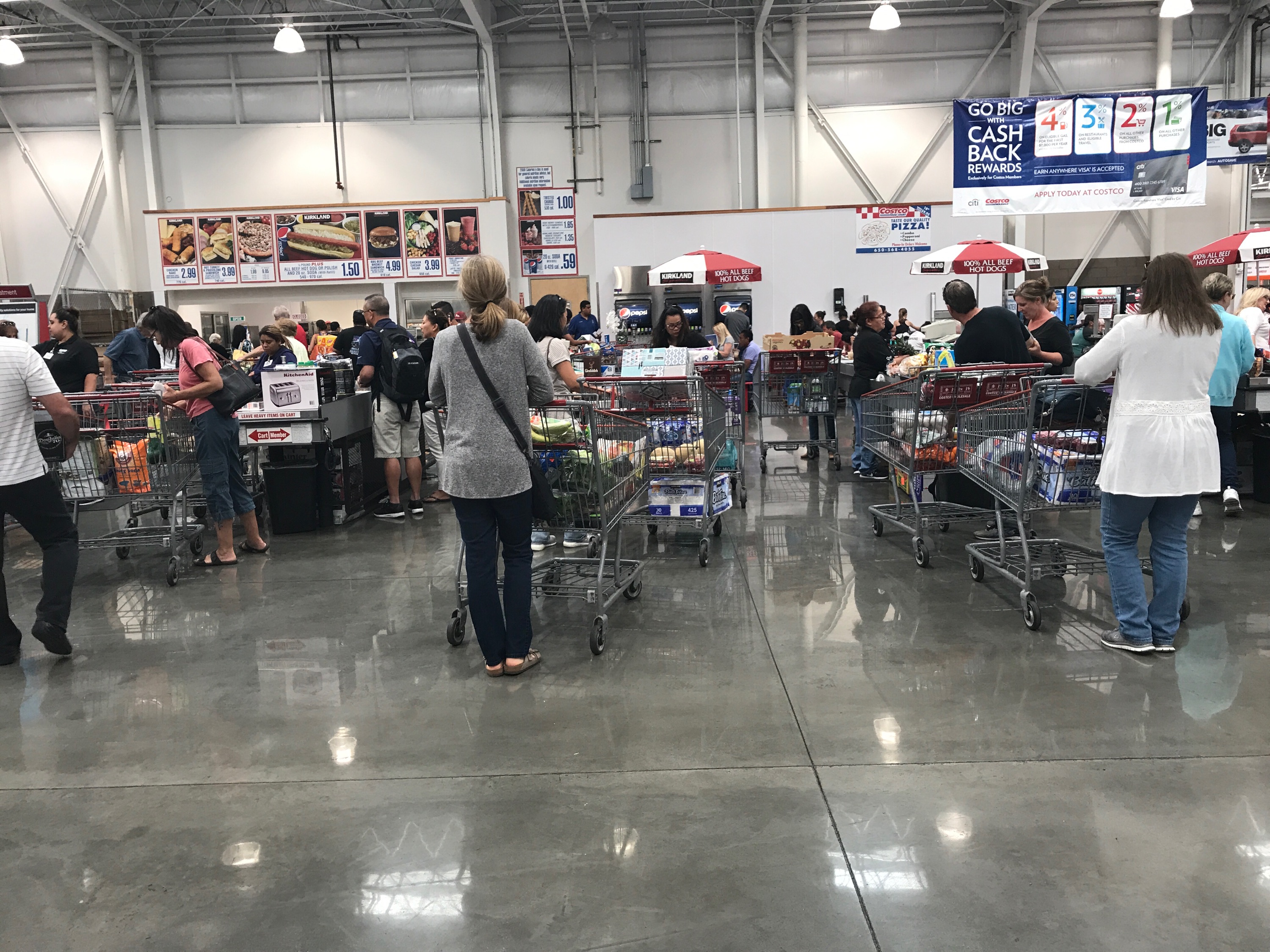
When you are ready to check out, know comes another prediction challenge for your child.
Which is the fastest line to pick?
Remind your child of the different factors: to consider, number of people on the line, their age, what items they will check out, whether the cashier is chatty or not.
Let them observe a little bit, and talk through their thought process. And then ask them to make their choice, and join that line!
Step 3: Thinking it Through
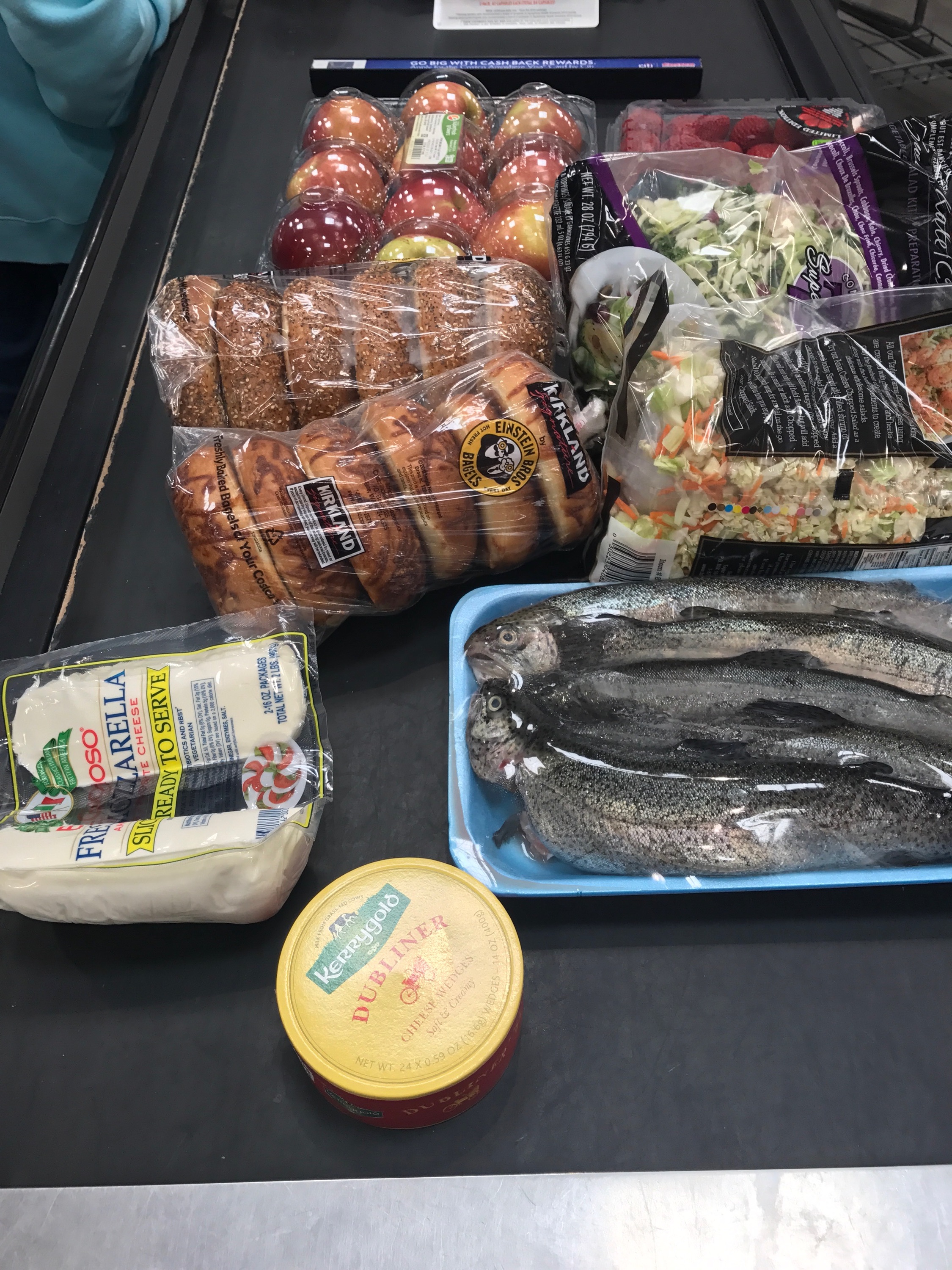
As you're in the line, ask your child to observe the other lines. Compare the progress. Have you made the right decision?
While you're waiting, ask your child why they made their choice. Inquire how long it took to register the different variables, and how they weighed them while making their choice.
Step 4: Moment of Truth
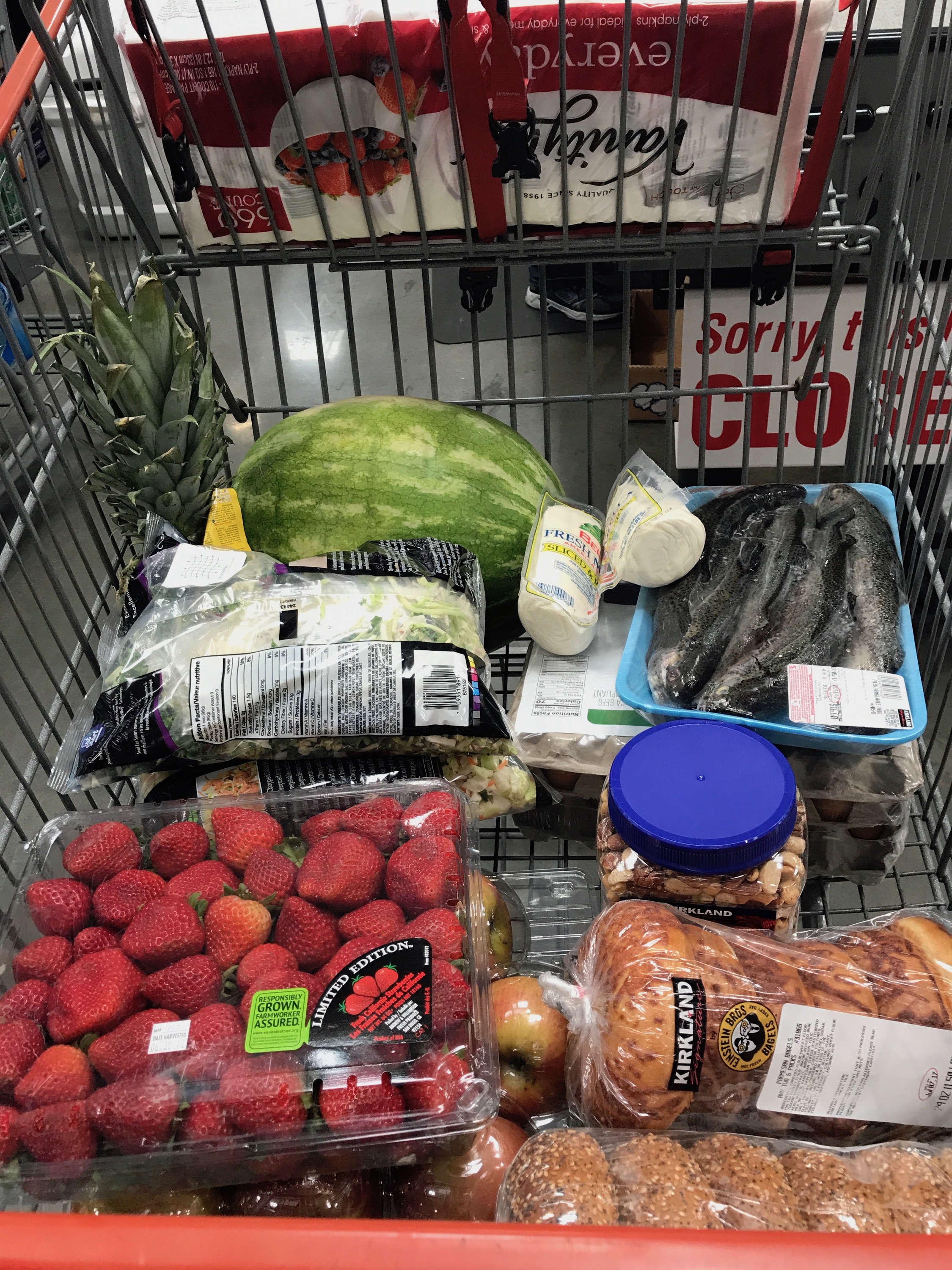
When you finally get checked out, compare the lines. Ask your kid: was this really the fastest lane?
If it wasn't, why not? What factors led to it being slower than expected?
Also, debrief how the cart was packed. Did anything slow the checkout down? What would be the fastest way to get the items in and out?
As you're heading home, talk it through. What would your kid do differently in the future? What is the smartest way to figure out the fastest lane?

Bekir M.
Doctorate in Education
Originally from Turkey, then Pittsburgh, now California
I got my Doctorate in educating kids how to code, and how to think computationally so they can thrive in STEM. I have been researching how Offline Activities -- where kids aren't in front of a screen, but are playing in the real world -- can help kids get core concepts of coding.
Learning Outcome
Performance Modeling is a fundamental skill for STEM and Computational Thinking. When you think through how a series of events will play out -- this is a form of modeling. It helps your kids to identify variables, patterns in how interactions play out, and how to predict what will occur based on their observations. That all sounds complicated, but as you'll see in the supermarket, it can be very intuitive as long as you're thinking in a computational way.
